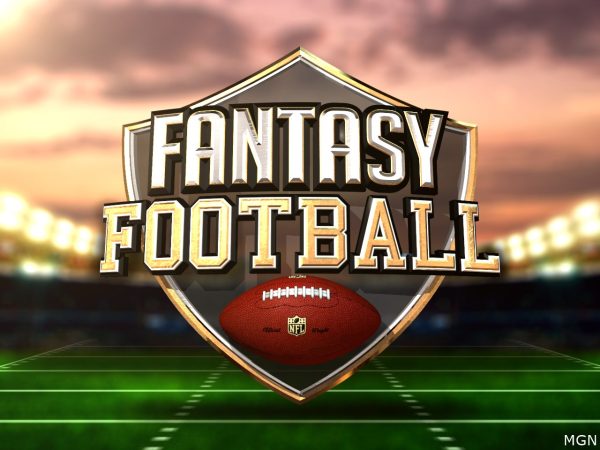
Every fall, as the NFL season kicks off, a parallel universe comes alive — Fantasy Football. Fantasy Football is a world-renowned cultural phenomenon powered by fans who are passionate about the sport. Fans bring together their love for the game and their competitive spirit to draft players from the entire NFL player base while competing with friends for prizes, or punishments.
Fantasy Football is a game within a game, where fans act as franchise owners and compete against each other by building their teams made up of real-life NFL players. Instead of coaching or managing them in real life, you score points based on how well your players perform in actual NFL games each week.
There are several types of Fantasy Football leagues, each offering a different experience. The most common is the redraft league, where a new draft occurs every season, and no players carry over from year to year. This format is straightforward and perfect for casual players or beginners.
For those who crave more depth, keeper leagues offer a middle ground by allowing managers to retain a few players each season, blending short-term decisions with long-term planning.
Redraft leagues are very popular, working in tandem with the yearly season. However, hardcore players might prefer Dynasty Leagues. A Dynasty League is a type of Fantasy Football league where you keep most or all of your players from year to year. Instead of starting fresh each season with a new draft, your team becomes a long-term franchise that you manage over multiple seasons, creating an interactive environment that forces players to keep up even after the seasons end.
“We prefer Dynasty,” said Cade Steel, a junior history major. “The first draft is always very engaging, and making good trades actually impacts your score a lot down the road.”
During Fantasy, you draft your dream team of players from across the league, watch them rack up stats on Sundays, and go head-to-head with other “owners” in your league. It’s part strategy, part luck, and has the U.S. and many other nations, waiting patiently for fall to begin again.
At the heart of Fantasy are the traditions that bind leagues together year after year. From draft rituals to humiliating punishments, these customs make Fantasy Football feel less like a game to watch and more like an interactive competition.
The draft is Fantasy Football’s biggest event, with fans gathering snacks, drinks and wings to commemorate the experience. For many, the draft isn’t just an event, it’s a celebration of the start of the new NFL season.
Some groups will include prizes for the winners, like trophies or money. Many fantasy players opt to punish the biggest loser, becoming a defining tradition with the younger generations.
In an interview with Bleav Fantasy, longtime Fantasy Football player Tyler Harding explored his experience with fantasy punishments.
“Every year right before the draft we throw in ideas of what we can do for a punishment,” Harding said. “This year, whoever lost had to take the ACT.”
Harding lost his friendly league of fantasy football, inevitably finding himself taking the ACT as a punishment. These punishments tend to brew up rivalries, with trash-talk and arguments only being inflamed by the fear of losing.
Rivalry weeks are common among longer Fantasy leagues. Over time, matchups develop extra heat as brothers, old roommates and longtime friends go head to head. These rivalry weeks come with higher stakes, like side bets or bragging rights.
Some leagues even keep lifetime head-to-head records or power rankings. It is the Fantasy equivalent of a college football rivalry game.
At the core of these traditions is friendship and camaraderie. Fantasy Football allows friends to stay connected, brings coworkers closer and provides weekly excitement for many fans. The stories, inside jokes and annual customs, turn a simple sport into a much larger personal tradition.

